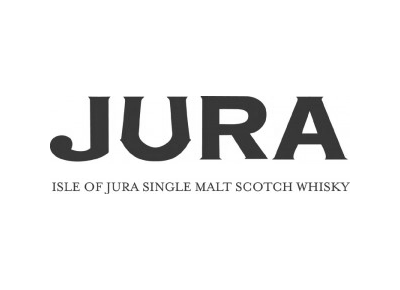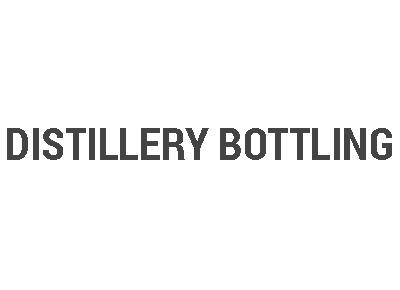Total Lots Sold:
1
View Lots
Do you have this bottle for sale?
SELL IT TODAYHAMMER PRICE OVER TIME
This graph displays data solely from Whisky-Online Auctions past sales history. Please note the filling level of the liquid and the condition of an item can affect the price negatively, so please check individual Lot sales below if there's a sudden dip in the graph.
HAVE ONE FOR SALE?
Submit your details along with an image and a description of your bottle. We'll then be in touch with the best way to proceed.
WHY SELL WITH WHISKY-ONLINE AUCTIONS?
0% Sellers Commission
Free Collections Available
Over 30 Years In The Whisky Industry
Over 1,700 Five Star Trustpilot Reviews
We Sell The Rarest Whiskies Ever Bottled
Global Buying Audience Including Far East Buyers
Bespoke Auction Platform
Thousands Of Active Bidders
Large Database Of Newsletter Subscribers
Over 36k Social Media Followers
Jura Seven Wood
Jura Seven Wood. Matured in American White Oak Ex-Bourbon, Limosin, Troncais, Allier, Vosges, Jupilles and Les Bertranges Barrels. 70cl. 42%.

The Jura distillery was originally built on the island of the same name in 1810, but closed between 1901 and 1963, when distillation recommenced after a rebuild by new owners Charles Mackinlay & Co. Invergordon bought Mackinlay & Co. in 1985 and were then themselves acquired by Whyte & Mackay in 1993. After some spectacular twists and turns, Whyte & Mackay is today owned by Emperador, a subsidiary of the Philippines-based Alliance Global.
Jura’s single malt whisky has been officially released in the familiar oval bottle since the early 1970s. Official bottlings were historically always bottled as Isle of Jura but today are sometimes labelled simply as Jura. Often dismissed as a little too mainstream, Jura surprised many whisky fans with some acclaimed cask strength peated whiskies in the early years of this century. At auction independent bottlings of 1960s vintage Juras by Cadenhead’s, Samaroli and Signatory are highly sought after.

Distillery bottlings are, as the name suggests, bottled by or for the distillery from which the whisky has originated and are thus often referred to as Official Bottlings or OBs. Distillery bottlings are generally more desirable for collectors and usually fetch higher prices at auction than independent bottlings. They are officially-endorsed versions of the whisky from a particular distillery and are therefore considered the truest expression of the distillery’s character.
This ideal of the distillery character is regarded so seriously by the distilleries and brand owners that casks of whisky that are considered to vary too far from the archetype are frequently sold on to whisky brokers and independent bottlers. When this happens, it is often with the proviso that the distillery’s name is not allowed to be used when the cask is bottled for fear of diminishing or damaging the distillery’s character and status.

